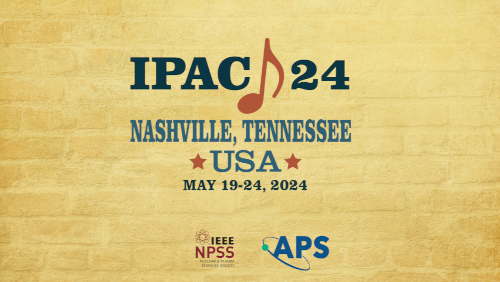Speaker
Description
In 2023, the LHC started its Run 3 operation with 208Pb82+ beams at 6.8 ZTeV, with a substantially higher number of bunches compared to past runs. Several new hardware systems were used operationally for the first time with high-intensity beams, including bent crystal collimators in the betatron cleaning insertion. Crystal-assisted collimation reduces the leakage of secondary ion fragments to the downstream dispersion suppressors, therefore decreasing the risk of quenching superconducting magnets. Nevertheless, one of the limitations encountered during the 2023 run were events with fast beam losses impacting the collimation system, which triggered multiple premature beam aborts on Beam Loss Monitors (BLMs). In this contribution, we present energy deposition simulations for these events, performed with the FLUKA tool, aiming to quantify the quench margin for the fast loss regime (~30 ms). To assess the predictive ability of the model, benchmarks against 2023 measurements are presented. The studies provide an important input for fine-tuning BLM thresholds in future heavy-ion runs, therefore increasing the tolerance to beam losses and hence the LHC availability.
Funding Agency
Research supported by the HL-LHC project
| Region represented | Europe |
|---|---|
| Paper preparation format | LaTeX |

